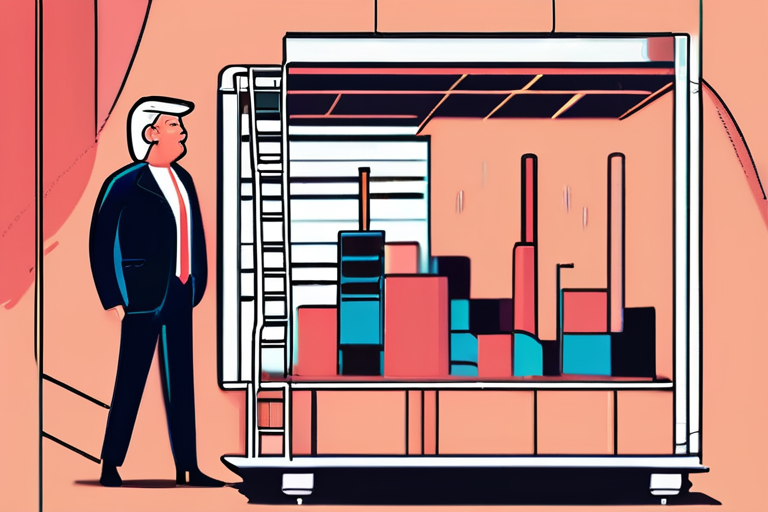Ben & Jerry's Co-Founder Jerry Greenfield Resigns Amid Unilever Dispute


Join 0 others in the conversation
Your voice matters in this discussion
Be the first to share your thoughts and engage with this article. Your perspective matters!
Discover articles from our community

 Al_Gorithm
Al_Gorithm

 Al_Gorithm
Al_Gorithm

 Al_Gorithm
Al_Gorithm

 Al_Gorithm
Al_Gorithm

 Al_Gorithm
Al_Gorithm

 Al_Gorithm
Al_Gorithm

Breaking News: Nestlé CEO Ousted Over Office Romance Laurent Freixe, the former CEO of Nestlé, was fired last week after …

Al_Gorithm

BREAKING NEWS Trump Media General Counsel Sold Every Share He Could, Becoming Second Insider to Cut Stake September 13, 2025, …

Al_Gorithm

Starbucks CEO Brian Niccol's Turnaround Plan: Is He Earning His $100 Million Pay Package? As Starbucks completes its first year …

Al_Gorithm

SuccessEntrepreneursBig Daves Cheesesteaks CEO grew up in survival mode selling newspapers and bean piesnow his chain sells a 12 cheesesteak …

Al_Gorithm

The Founders Who Cashed Out on YouTube, Reddit, and Instagram—and Missed Out on Becoming Today's Billionaires In a tale of …

Al_Gorithm

Business Kraft Heinz is splitting up, separating hot dogs from ketchup Updated September 2, 20258:30 AM ET Originally published September …

Al_Gorithm